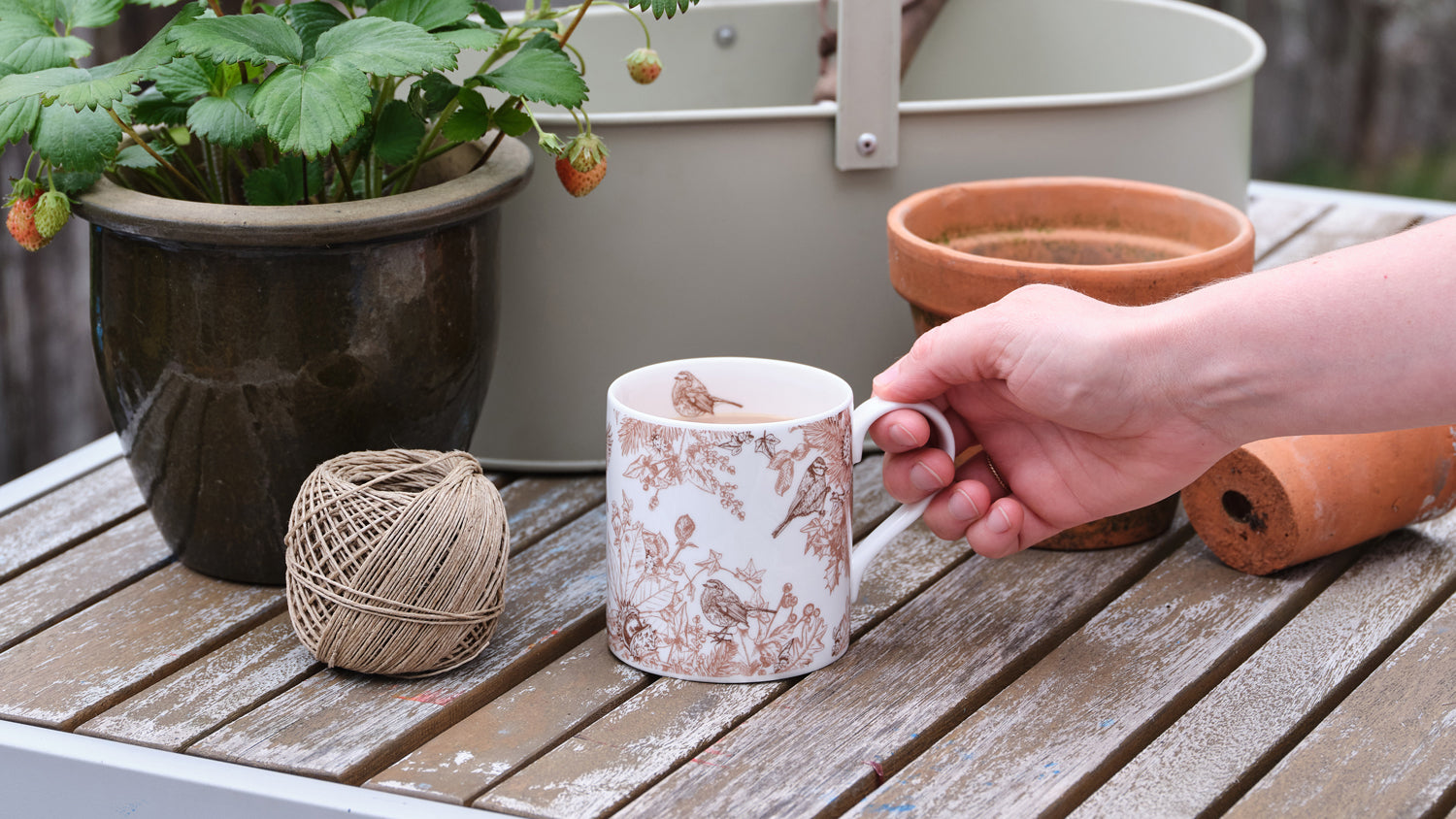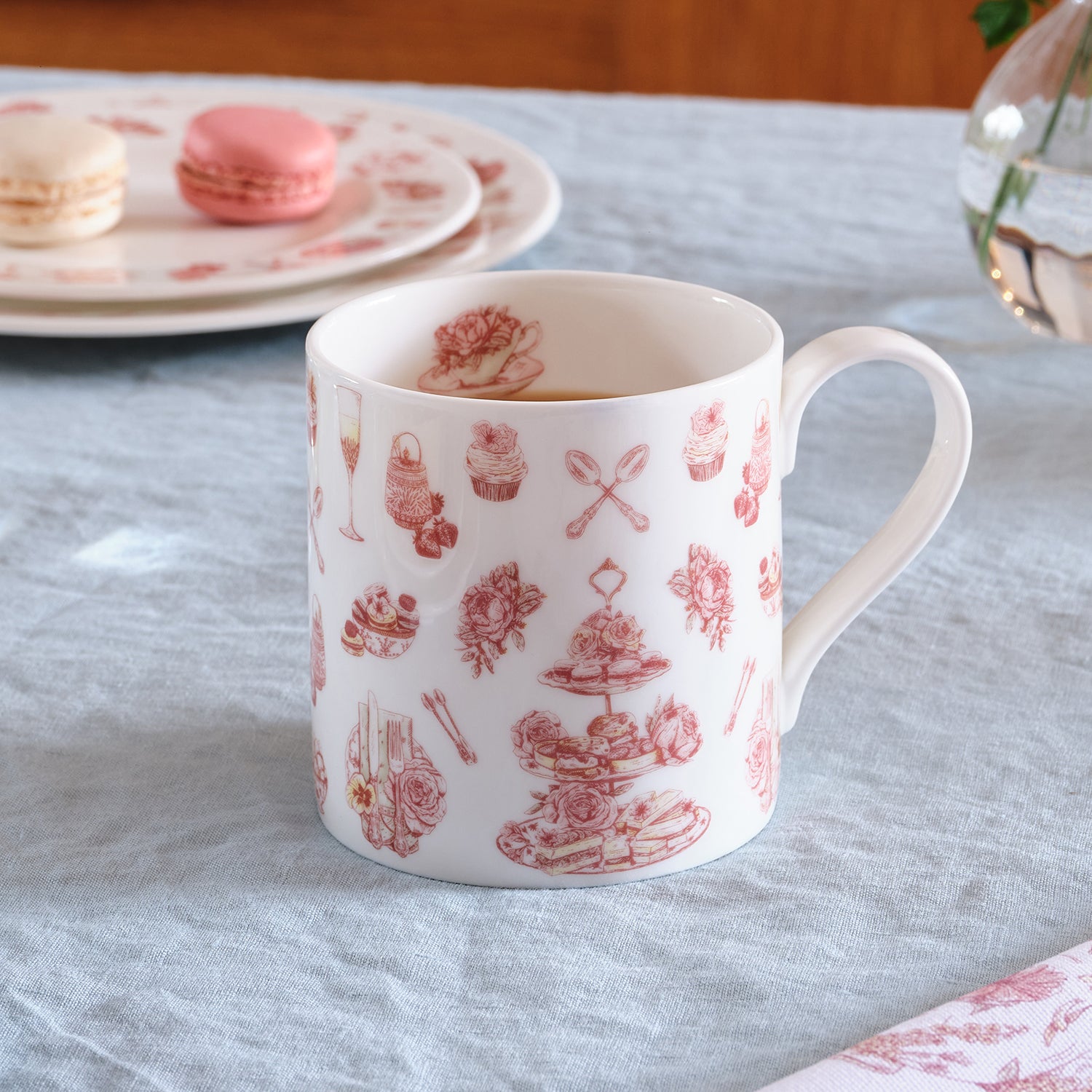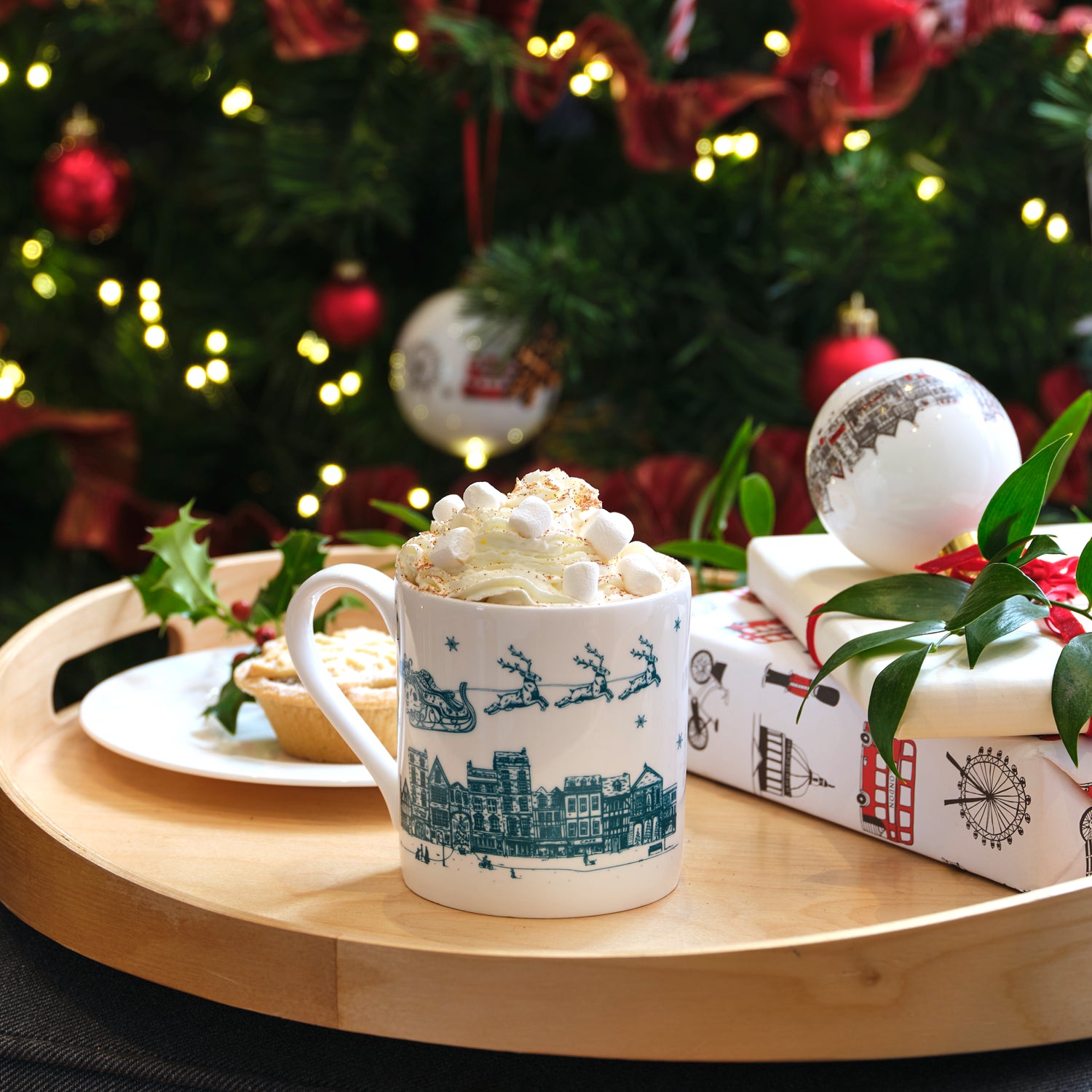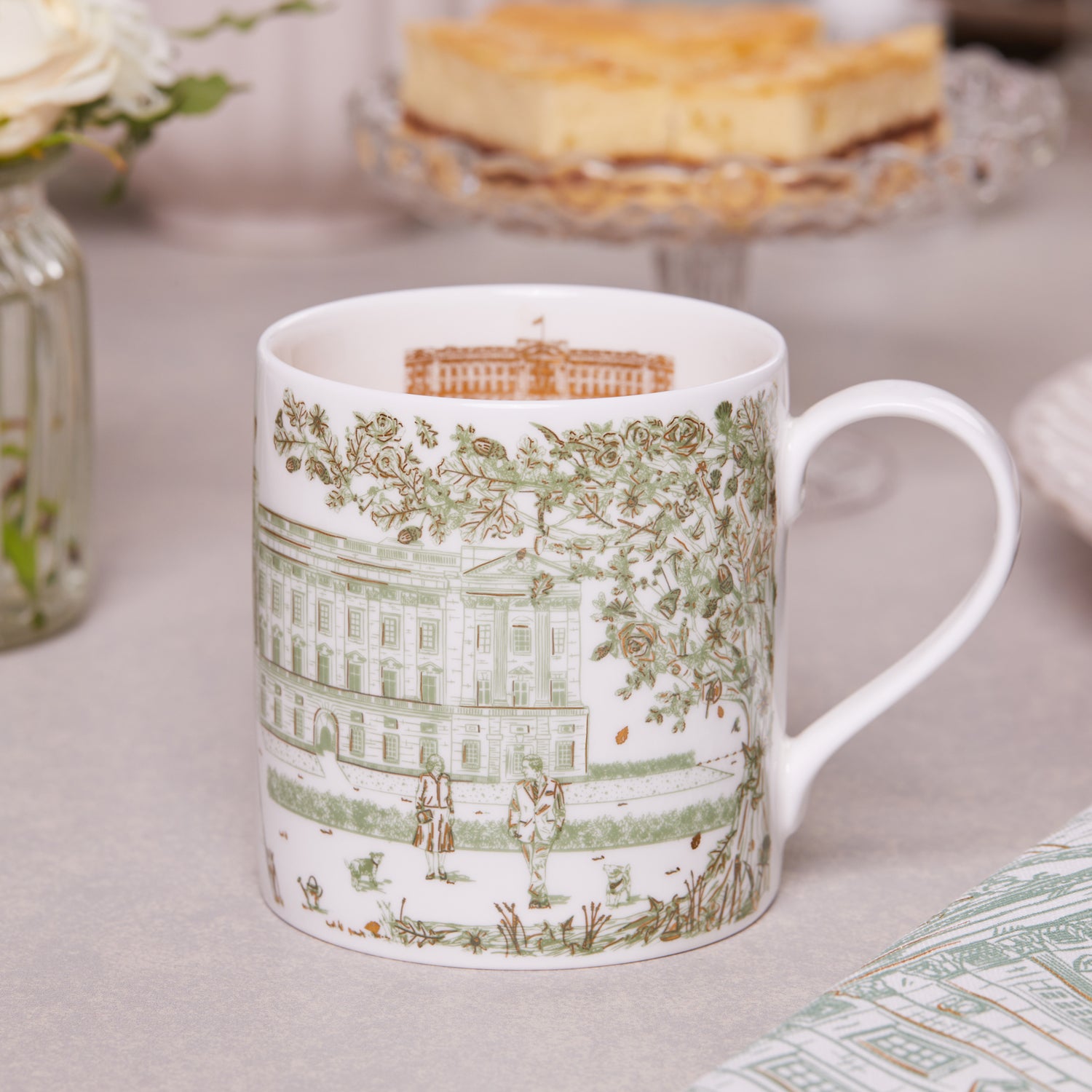Washing our fine bone china
There is nothing quite like drinking a cup of tea from Fine Bone China. The taste is enhanced, the temperature remains hotter creating a relationship with drink and drinker. To keep our china looking its best (and to maintain the quality of taste) it is recommended to wash quickly after use and do not use scouring pads and/or abrasive detergents. Leaving tea stained mugs longer than is necessary may cause discolouration of the fine bone china.
Removing stains without chemicals
A well loved mug can often get stained - especially with dark liquids like many teas and coffee. There's no need to rush to the shops to spend money on intense chemical cleaners. Most stains can be removed by soaking the item in warm water before washing. We have found that hand cleaning your mug as soon as possible is the best way to avoid staining.
Using bicarbonate of soda also works as does soaking a slice of lemon in boiled water, or indeed having a mug of hot orange squash. An alternative is a mixture of bicarbonate of soda, water and vinegar. Simply pour 1 tablespoon of baking soda into your mug. Make a solution of 1/2 cup of white vinegar and 1/2 cup of warm water and pour this into the mug (make sure it covers all of the stained area). Let this soak for a good two hours or so and then rinse. You can let it sit for longer if needed or give it a gentle scrub at the end with a cloth.
Are our mugs dishwasher safe?
Whilst we recommend that you hand wash your mugs to avoid any streaks and to keep them in prime condition, most of our designs are suitable for the dishwasher. All designs that include gold are not dishwasher or microwave safe. Like all items washed in a dishwasher, streaking may occur that won't when hand washed. Colours on our mugs, most notably red, can fade if the following guidelines are not followed.
We recommend adhering to the following guidelines to get the best out of putting your Victoria Eggs Fine Bone China in a dishwasher:
- Load the washer so that pieces do not touch each other, to avoid the risk of scratching.
- Do not overload.
- Do not exceed a temperature of 40ºC (104ºF) when washing fine chinaware in the dishwasher.
- Use only the 'gentle,' 'short wash' or 'china and crystal' cycle.
- Use a very gentle detergent; some of the eco-detergents are a better choice than the stronger dishwashing powders and tablets.
- As soon as the wash water has drained away, there should be an immediate rinse cycle to flush away deposits of detergent, which will form a film if allowed to dry on the fine bone china.






